Teaching Right From Wrong
 I recently struggled with this question when my dog became ill with cancer. She was a loving 9-year-old black Labrador retriever who slept in my daughter’s bed and greeted us cheerfully whenever we came into her line of sight. She started sneezing one day. Over time the sneeze was an indication that there was something in her nasal passage that she couldn’t get out. After taking her to the vet and then the specialty clinic it became evident that she had a slow growing cancer. We kept our daughter posted on findings while she was away at college, waited, watched and weighed the options. We considered her comfort, cost and our daughter’s feelings since she was away at college. From the lens of comfort, Ziggy smiled, wagged her tail and pranced in spite of the fact that her sneezes now produced blood splatter that covered her, the walls, the floor and us. From a medical perspective there was little to be done except radiation to decrease the size of the tumor and forestall the inevitable. As for our daughter, she was right in the middle of exams.
I recently struggled with this question when my dog became ill with cancer. She was a loving 9-year-old black Labrador retriever who slept in my daughter’s bed and greeted us cheerfully whenever we came into her line of sight. She started sneezing one day. Over time the sneeze was an indication that there was something in her nasal passage that she couldn’t get out. After taking her to the vet and then the specialty clinic it became evident that she had a slow growing cancer. We kept our daughter posted on findings while she was away at college, waited, watched and weighed the options. We considered her comfort, cost and our daughter’s feelings since she was away at college. From the lens of comfort, Ziggy smiled, wagged her tail and pranced in spite of the fact that her sneezes now produced blood splatter that covered her, the walls, the floor and us. From a medical perspective there was little to be done except radiation to decrease the size of the tumor and forestall the inevitable. As for our daughter, she was right in the middle of exams.
While this is not a pleasant circumstance to share, it highlights the complexity of teaching right from wrong. From the perspective of Ziggy’s little spirit, she seemed to be enjoying life minute to minute. She wasn’t disturbed by the sneezes. From my perspective, it was difficult to watch her slowly decline and be torn about whether or not she should be near us in the house or outside where she can enjoy the fresh air and her sneezes wouldn’t be as destructive. Medically, the end was getting closer and, with a daughter in college, radiation for Ziggy was not in the budget. Speaking of our daughter, how is she going to deal with the loss of her dog? Is this the right time? Do we try to hold on for another 8 weeks for her to come home? Do we make the decision to put the dog down during our daughter’s exams? Clearly there is no one right answer. This is a complex issue with many facets to consider. There is the dog, our daughter, our home and our finances in addition to our own emotional reactions.
This circumstance highlights for me the significance of teaching our children beyond right and wrong. While there are clearly things that are right and wrong, good and bad, black and white, most things are not so clear. There is great importance to teaching our children the ideas of context, perspective and shades of grey. What is right in one circumstance or from one perspective may not be the best answer. We all know about social lies and how necessary they are to getting along. So, the bigger challenge as parents is to address the considerations that underlie why something is right or wrong in that moment, circumstance or for that person. Our goal as parents is to raise thinking, responsible and hopefully compassionate human beings. It is therefore necessary to move beyond the simple dichotomy of right and wrong.
As for our sweet, loving Ziggy, we decided to put her down in our home so we could be with her and love her to the end. We told our daughter after her exams. We still miss Ziggy. I don’t know if it was the right or wrong answer but then again there is little in life that is clear-cut. If it were, we wouldn’t be human.
Tags: death awareness, ethics, pets, right and wrong, teaching children about death





























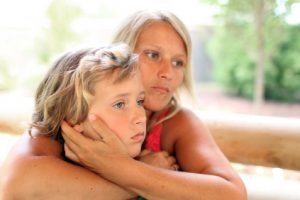






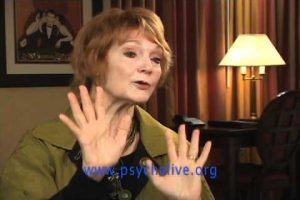


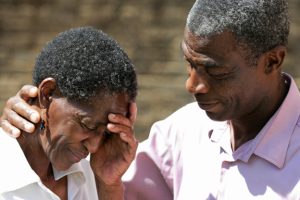








































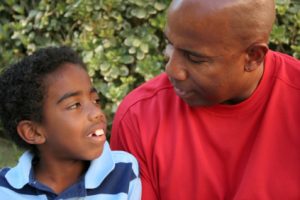

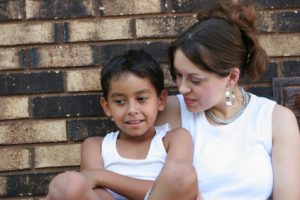




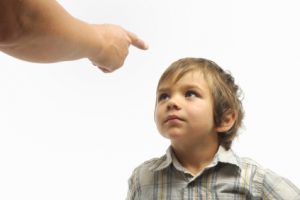













Leave a Reply